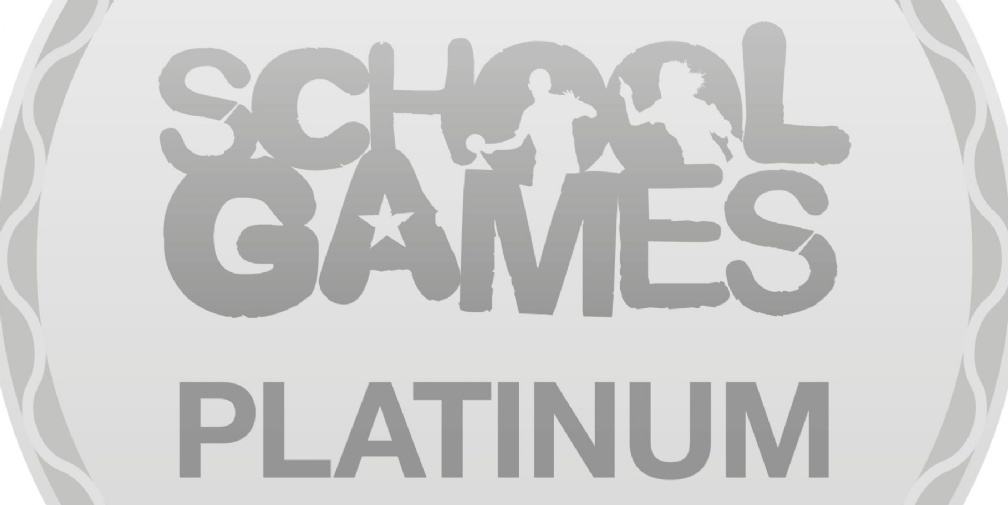Physical Education
"Exercise is the key not only to physical health but to peace of mind."
Nelson Mandela
What is the intent of Physical Education at Meadows?
At Meadows, we recognise that physical activity and sport is not only essential to a healthy childhood for our children but are also a key factor in future well-being. We want every child to find an enjoyment in physical activity and to begin to recognise the benefits it can bring to their physical and mental wellbeing and to develop physically, cognitively, socially and emotionally. We aim to foster a healthy understanding and enjoyment of sportsmanship by giving children the opportunity to participate in an exciting range of sporting opportunities, therefore building self-confidence, resilience and the real sense of achievement that this particular aspect of a child’s education can provide.
Through the use of Primary PE Passport, we aim to ensure that:
- All children can achieve the aims of the National Curriculum through a broad, balanced and progressive curriculum.
- Children experience both traditional and ‘new’ sports.
- There is careful monitoring and adaptation to ensure progress of individuals and groups.
pe long term plan 2024 2025.pdf
How is Physical Education implemented at Meadows?
From EYFS to Year 6, the National Curriculum for physical education is planned, taught and assessed through the use of Primary PE Passport. This means that all children receive two hours of high quality Physical Education each week, regardless of weather.
We are committed to ensuring that all children are active, with opportunities provided for regular movement breaks for all children as well as the inclusion of Tai Chi and mindfulness into our daily timetable.
Inclusivity for children with SEND is a priority and differentiation is achieved through the use of STEP (Space, Task, Equipment, People). We also provide opportunities for children to enjoy high quality coaching from sporting professionals in sports such as hockey, cricket, football and cheerleading.
How does Physical Education progress at Meadows?
Early Years Foundation Stage:
We recognise the importance of 'physical development' in the Early Years Foundation Stage as a key area of learning.
There are two strands under Physical Development:
- Moving and Handling
- Health and Self-care.
Children in the EYFS access time and space to enjoy energetic play daily in the outdoor learning area. The children also access specific physical development through timetabled PE lessons in Reception (in preparation for Year 1), which give the children the opportunity to learn and practice fundamental movement skills. They participate in activities where they can practice moving in different ways and at different speeds; balancing; rolling; throwing balls and bean bags; catching and kicking.
Key Stage One:
Within Key Stage One, children develop their fundamental movement skills through a range of activities and opportunities, where children work individually in pairs or in groups. We cover key aspects such as gymnastics, dance, games and athletics. We follow the National Curriculum for P.E. in Key Stage One.
When children leave Key Stage One we expect them to be able to:
- Master basic movements including running, jumping, throwing and catching, as well as developing balance, agility and co-ordination, and begin to apply these in a range of activities
- Participate in team games, developing simple tactics for attacking and defending
- Perform dances using simple movement patterns.
Key Stage Two:
We follow the National Curriculum for P.E. within Key Stage Two Children continue to apply and develop a range of skills, learning how to use them in different ways and to link them to make actions and sequences of movements. They continue to use the skills individually but also develop cooperation through games. This will include a further focus on choices and tactics within a game. We explore a wide range of sports and activities such as dance, gymnastics, athletics, O.A.A. and a range of games skills. Children also learn to swim while in Key Stage 2.
When children leave Key Stage Two we expect them to be able to:
- Use running, jumping, throwing and catching in isolation and in combination
- Play competitive games, modified where appropriate, and apply basic principles suitable for attacking and defending
- Develop flexibility, strength, technique, control and balance
- Perform dances using a range of movement patterns
- Take part in outdoor and adventurous activity challenges both individually and within a team
- Compare their performances with previous ones and demonstrate improvement to achieve their personal best.
In addition, we have the key swimming targets:
- Swim competently, confidently and proficiently over a distance of at least 25 metres
- Use a range of strokes effectively
- Perform safe self-rescue in different water-based situations.
Skills Progression in Athletics
Skills Progression in Gymnastics
Skills Progression in Net and Wall Games
Skills Progression in Outdoor and Adventurous Activities
Skills Progression in Striking and Fielding Games
Skills Progression in Target Games
How can I support my child in Physical Education?
There are lots of ways you can support your child's Physical Education.
- Children are expected and encouraged to wear the appropriate PE uniform. This fosters a sense of pride and belonging.
- Encouraging a love of movement– even dancing in the kitchen or digging in the garden counts!
- Providing opportunities for your child to attend/watch sporting events.
- Talking to your child about exciting sporting events such as the Olympics, or about famous sports stars.
- Encouraging your child to participate in extra curricular sporting activities.
Take a look at the following links to encourage exercise:
School Games Mark - Platinum School

Meadows Primary School and Nursery Awarded Platinum School Games Mark – Again!
We are thrilled to announce that Meadows Primary School and Nursery has achieved the prestigious Platinum School Games Mark for the second consecutive year. This national award recognises our unwavering commitment to physical education, school sport, and pupil wellbeing.
Earning the Platinum mark reflects our dedication to providing inclusive, high-quality sporting opportunities for all pupils. From daily physical activity to competitive inter-school events, our PE curriculum and extracurricular clubs promote teamwork, resilience, and healthy lifestyles.
This achievement is a testament to the hard work of our staff, the enthusiasm of our children, and the support of our families and community. It also highlights our continued efforts to embed sport and physical activity into the heart of school life.
We are incredibly proud of this recognition and remain committed to inspiring every child to be active, confident, and healthy.


